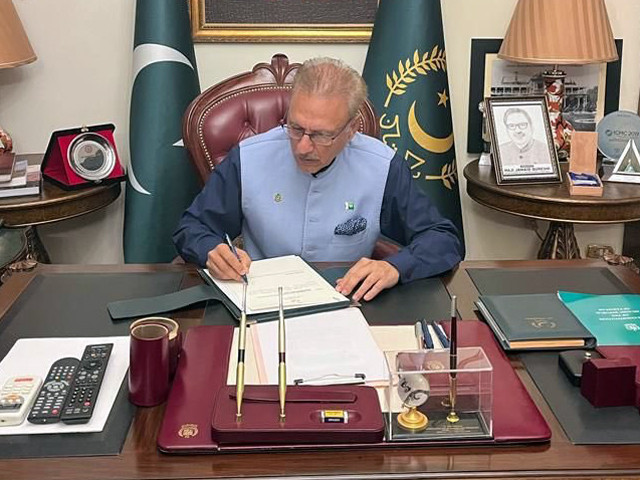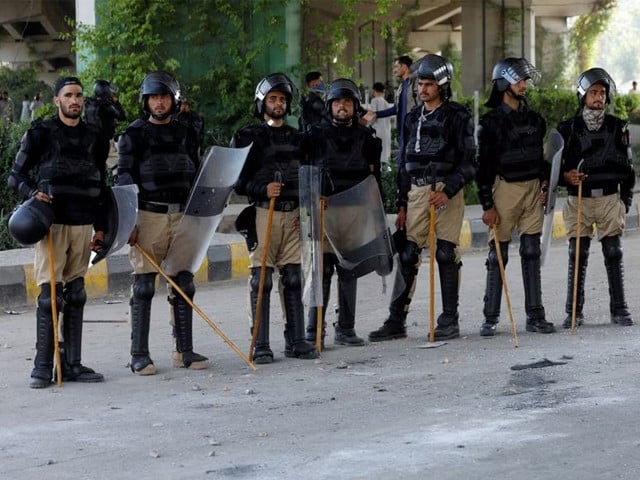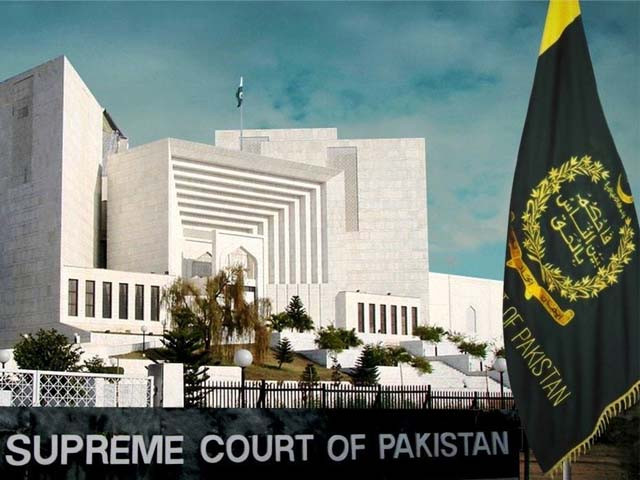
Constitutional conundrum: Presidential non-assent vs parliament
In a sequence of events that have once again thrust the nation into a state of divergence, Article 75 of the Constitution finds itself under intense scrutiny due to President's recent pronouncement on Parliament's new enactments, namely the Official Secrets Amendment Bill 2023, and the Pakistan Army Amendment Bill 2023. President Arif Alvi's tweet, declaring his non-assent to these newly issued enactments, has set the stage for a robust discourse on the sanctity of constitutional provisions.
Article 75 of the Constitution articulates with undeniable precision the protocol governing the president's endorsement of any legislative bill. The first step requires that when a bill is presented to the president for assent, he shall either, in 10 days' time, assent to the bill or return it to the parliament with a message requesting that the bill or any specified provision thereof be reconsidered. Once returned to parliament, the bill shall be reconsidered by it in joint sitting and, if it is again passed, with or without amendment, by the votes of the majority of the members of both houses that are present and voting, it shall be deemed for the purposes of the Constitution to have been passed by both houses and presented to the president. At this stage, the president will assent within 10 days, and if fails to do so, then assent is given by default. As per Article 75, it is after the president has assented or is deemed to have assented to a bill that it becomes law and is called an Act of Parliament.
A procedure as clear as day, and yet a baffling gap emerges as the president claims that he did not give assent to these bills. President Alvi's unequivocal assertion, conveyed through his tweet, that he directed the bills' return within the prescribed timeframe to render them ineffective has ignited a contentious debate. It brings contention because the president cannot simply refuse to assent bills without providing an accompanying message, for it falls short of fulfilling the constitutional mandate.
It is pertinent to note that per Article 75(1), a president cannot simply return a bill; his remand must be conjoined with a message for reconsideration or amendment. This discretionary option of simply returning a bill does not exist within our Constitution. Thus, the president's non-assent, without a message, in order to render the bills ineffective undermines the meticulous framework laid down under Article 75. President Alvi's pronouncement may, therefore, be seen as callously undermining the essence and spirit of the Constitution.
However, this constitutional conundrum isn't a solo endeavour. While the president “returned” the bills under the provisions of Article 75(1), parliament's response arguably deviated from the requirement provided in Article 75(2). This clause unequivocally mandates the reconsideration of remanded bills. Importantly, the Constitution does not place any obligation on the parliament to make the amendments or abide by the proposal, if any, made by the president. The parliament is simply required to reconsider it in a joint sitting. The bill is then sent to the president again, and in such instances, if he does not assent, then it is deemed to have been assented to.
Our jurisprudence has made it abundantly clear through a plethora of judgements that in terms of Article 75, a bill having been passed by the two houses of the parliament becomes law and is to be called an Act of Parliament the moment it received assent or deemed assent of the president under Article 75(3) of the Constitution. However, the mechanism of “deemed assent” hinges on the fulfilment of the prerequisites laid out in Article 75(2), which necessitate mandatory reconsideration.
All in all, with the president and the parliament not having adhered to the requirements placed under Article 75, the constitutional validity of the two bills now hangs by a thread. It seems that the essence of Article 75 has eroded to find a way for lacunas in its process, and thus, the question of the authenticity of these bills may find its ultimate adjudication in the hallowed halls of the judiciary. As the ultimate custodian of constitutional integrity, the August Court is hoped to offer an interpretation of this intricate constitutional puzzle.
As the clash between presidential non-assent and parliamentary procedure flames this unforeseen constitutional imbroglio, the nation watches with bated breath as the sanctity of the Constitution and its enduring resilience come under the spotlight once again.




COMMENTS
Comments are moderated and generally will be posted if they are on-topic and not abusive.
For more information, please see our Comments FAQ